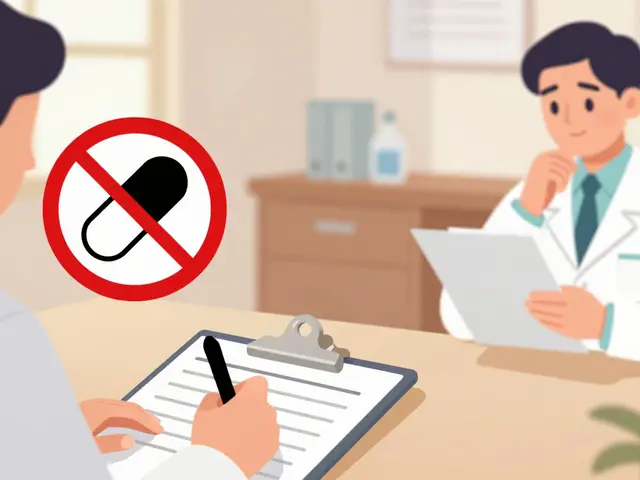NSAID Bleeding Risk: What You Need to Know Before Taking These Pain Relievers
When you take an NSAID, a class of nonsteroidal anti-inflammatory drugs used for pain, fever, and inflammation. Also known as non-opioid painkillers, they include common meds like ibuprofen, naproxen, and aspirin—drugs millions reach for without a second thought. But here’s the thing: even over-the-counter NSAIDs can silently increase your risk of gastrointestinal bleeding, internal bleeding in the stomach or intestines caused by damage to the lining. It’s not rare. It’s not just for seniors. It happens to people in their 30s and 40s who take these pills daily for back pain, headaches, or arthritis.
How does it happen? NSAIDs block enzymes that protect your stomach lining while also reducing blood clotting. That double hit means your stomach gets more vulnerable to acid, and if a small tear forms, your blood can’t seal it fast enough. The result? Internal bleeding. You might not feel it until you’re dizzy, weak, or passing dark, tarry stools. Some people end up in the ER with no warning. And if you’re also on blood thinners, medications like warfarin or aspirin that prevent clots but increase bleeding risk, that risk multiplies. Even people with a history of stomach ulcers, open sores in the stomach or duodenum often caused by NSAID use or H. pylori infection are at higher risk—yet many still keep taking them.
It’s not about avoiding NSAIDs entirely. It’s about knowing when they’re worth the trade-off. If you’re using them for occasional headaches, fine. But if you’re taking them every day for chronic pain, it’s time to ask: Is there a safer option? Could your doctor recommend a lower dose, a shorter course, or a different type of pain relief? Some people benefit from acetaminophen instead. Others need physical therapy, heat therapy, or even a different class of meds. The goal isn’t to scare you—it’s to make sure you’re not blindsided by something preventable.
Below, you’ll find real-world insights from posts that dig into how these drugs affect the body, who’s most at risk, and what steps you can take to protect yourself. You’ll see how NSAIDs interact with other medications, how kidney function plays a role, and why some people bleed while others don’t. This isn’t theory. These are stories from people who’ve been there—and the facts that can help you avoid the same path.
NSAIDs and Blood Thinners: The Hidden Danger of Combining Them
Combining NSAIDs like ibuprofen or naproxen with blood thinners can cause dangerous internal bleeding. Learn why this interaction is so risky, which pain relievers are safe, and what to do if you're already taking both.






